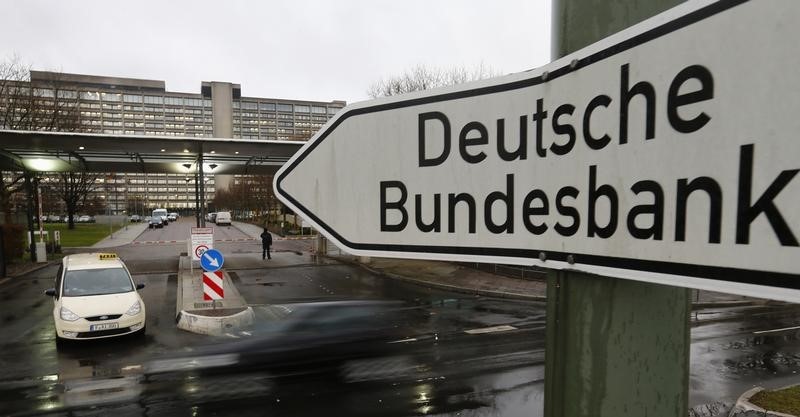US stock futures dip as Trump’s firing of Cook sparks Fed independence fears
(Bloomberg) -- Germany’s economy, Europe’s largest, may contract this quarter as resurgent coronavirus infections trigger fresh curbs and keep shoppers at home, according to the Bundesbank.
Activity in some service sectors is “significantly hampered,” the central bank said Monday in its monthly report. While the hit to sales should be smaller than a year ago as current restrictions are less severe and only cover a comparatively short period of time, a persistent squeeze on supplies is adding extra strains.
Business confidence slipped for a sixth month in December, with gauges for current conditions and expectations both worsening. The Bundesbank last week lowered its economic-growth forecasts for this year and next, warning of a winter setback.
It predicted a strong pickup in momentum in the spring with private spending to rise “substantially,” and sees supply bottlenecks being resolved by the end of 2022. At the same time, it raised its inflation outlook and urged the European Central Bank to be vigilant of upside risks.
On Monday, the Bundesbank said it expects annual consumer-price gains in Germany to remain above 4% over the coming months, citing a steep increase in natural gas prices that’s likely to reach consumers at the start of 2022.
